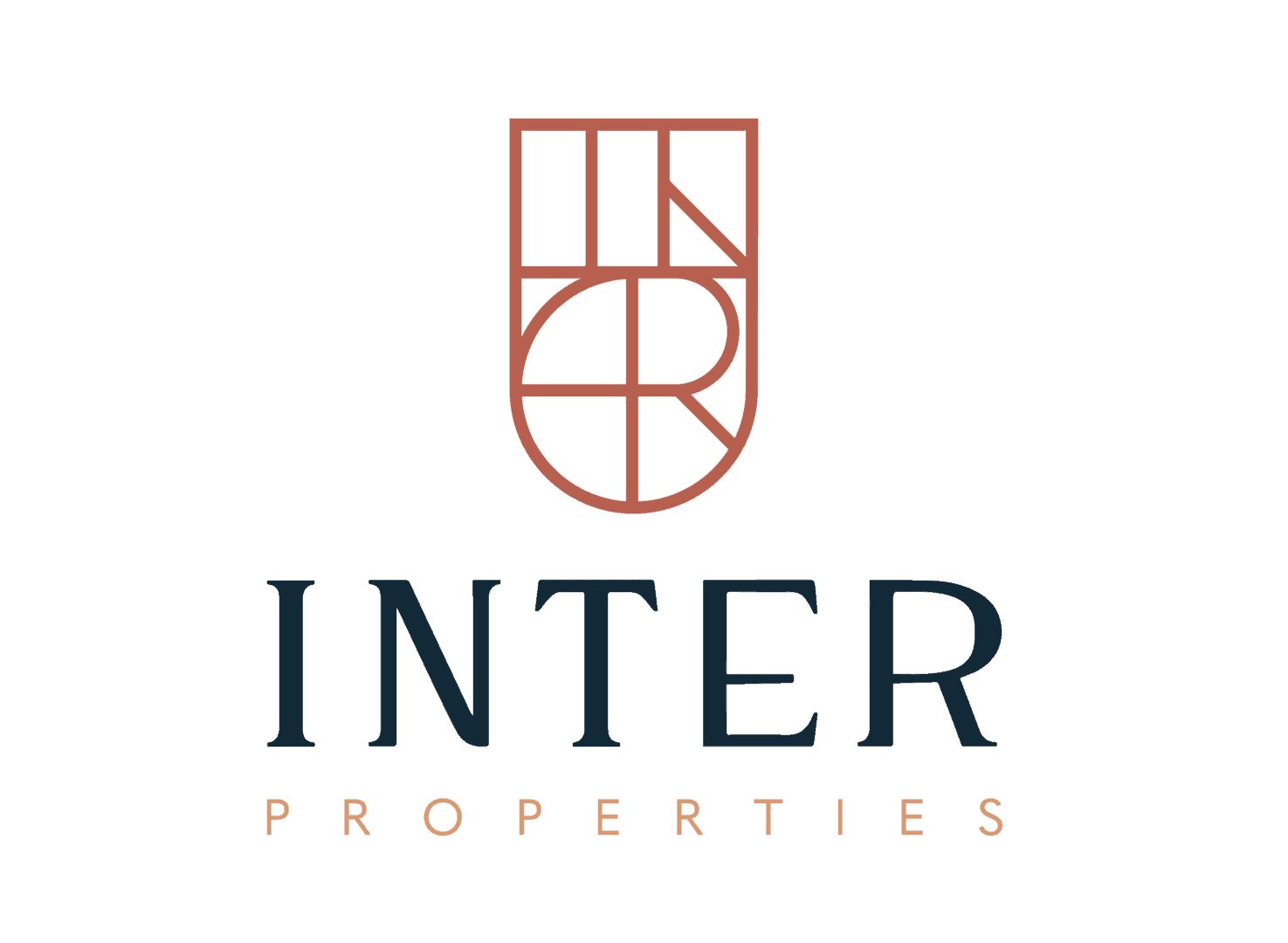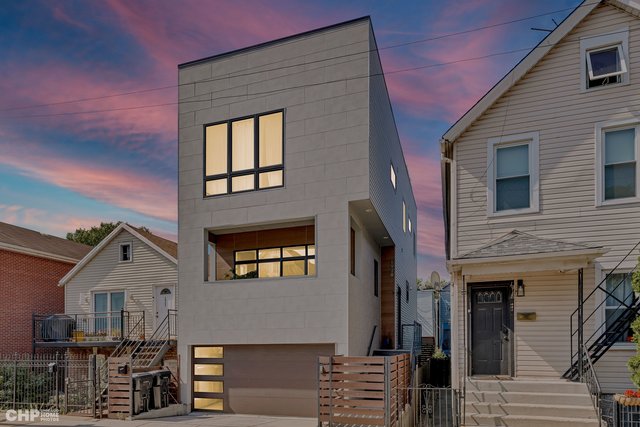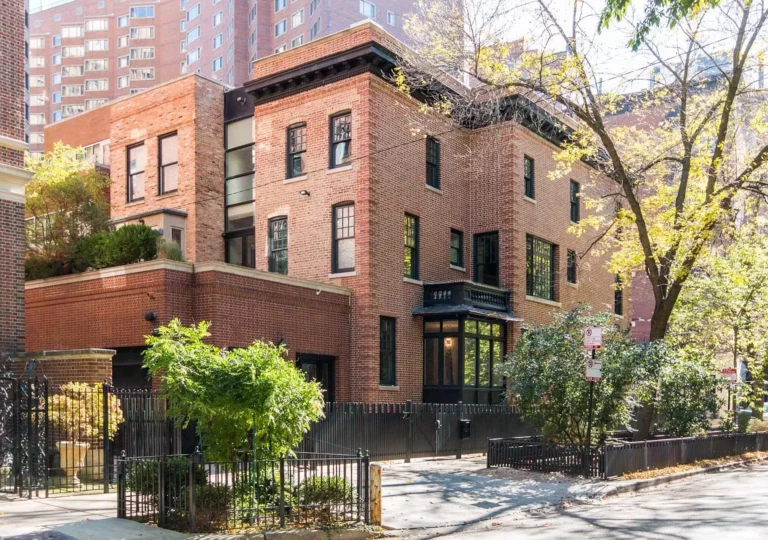The Power of Real Estate for Wealth Creation
Table of Contents

If financial freedom is something you’re after, then real estate investments are the best and safest way forward. It involves compounding your money with the expectation that you’ll get more.
Real estate is an excellent compounder because there’s only so much land available. Supply and demand tell us that limited supplies lead to higher demands and, consequently, higher prices. This is reflected in real estate as well. Between 1987 and 2021, the US national home price spiked by 441 percent and rebounded by 207 percent. If you’re a homeowner, you probably know what we’re talking about.
The best thing about real estate investing is that you don’t need to be a high net-worth individual. There are many ways you can accumulate wealth through this pathway.
Here’s what you need to know about creating wealth through real estate investment:
Cash Flow
Cash flow is the leftover money from the rent after you’ve paid off all real estates expenses, such as your mortgage, insurance, taxes, and maintenance fee. Your cash flow is considered positive if you make more monthly rent than your expenses.
Many people who make an investment hope that its value will appreciate later on and they’ll be able to sell it for a profit—but it’s pretty similar to gambling.
If you’re buying a property because prices are rising and you can make some good cash later, you’re setting yourself up for a loss. If the market crashes, you risk losing it all.
Rather than betting on appreciation, focus on purchasing a property that will generate more rent than it’ll cost to own. As long as your cash flow is positive, the fluctuating market prices won’t impact you much.
Appreciation
Real estate investors make money through monthly rent and appreciation. This is what helps property owners make a large sum of money. Even if prices fluctuate now and then, real estate values always go up. If you’ve made a good investment, you’ll be able to turn a significant profit when it’s time to sell the property.
Depreciation
Depreciation is an income tax term that allows you to recover the cost of your property through tax reduction.
Every year, as a real estate investor, you can write off about 1/27.5 of your property’s value. The idea is that your property incurs some normal wear and tear over time, and you can get that value written off.
Investing in real estate means you’ll own a property that’s bringing you money and sheltering you from taxes. But there’s a catch. This tax exemption is only applicable to rental properties. Primary residence owners can’t benefit from it.
Leverage
Real estate is the most accessible asset to leverage. It can be financed readily, and its terms are generally pretty great compared to other types of loans. Currently, the interest rate for a 30-year fixed mortgage is at 7.22 percent, with down payments at less than 20 percent.
You can buy a short-term rental property, improve its value, and refinance it to get back your capital. Leverage allows you to borrow money from the bank and pay it back with what the tenant gives you. If you’re left with the extra amount, it’s yours to take.
Paying off the Loan
When you’re a real estate investor, you take out a loan to buy the property and pay it back from the rent money. This means you’re improving cash flow and simultaneously paying off your bank loan.
In the beginning, you’ll mostly be paying off the loan’s interest. Thus, you won’t be reducing the loan balance at all. However, a more significant chunk of money will go toward the principal amount with each payment. After a few years, you’ll reduce the loan balance and create a monthly cash flow.
In all of this, it’s not you paying the balance; it’s the tenant.
Forced Equity
This term refers to the wealth you’ll create when you upgrade your property to make it worth a lot more. With forced equity, you can buy a luxury vacation home rental and improve it by adding new flooring, better appliances, landscaping features, and more.
If you want to make the most of it, buy a property with fewer amenities and add what it lacks. This will increase your property’s resale value by a lot. For example, adding a pool to the residence or an additional bedroom or bathroom can increase your property’s curb appeal and value.
So, find opportunities in the market that will result in forced equity.
Inflation
Inflation and real estate go very well together. It’s mainly due to inflation that real estate creates an abundance of wealth over time.
Generally, our money’s value decreases yearly, increasing the price of other goods and services. This is a potent tool that can actually help you build a lot of wealth when appropriately harnessed.
Your significant expenses, like property taxes and mortgages, will remain fixed through inflation, but the demand for real estate will always increase. This will drive the rents higher, keeping your buying power intact and passing on the pressure to your tenants instead.
You, on the other hand, will be safe. Higher property values will lead to better capital gains and increased rents. If your property is financed with a fixed-rate loan, your mortgage payments will also decrease. So, for example, the $1000 a month to the bank will become easier to pay as inflation will lower its value.
Find Real Estate Investment Opportunities with Inter Properties
If you’re considering investing in Costa Rica vacation rentals, contact our team here at Inter Properties. We’re a real estate investment advisory firm that deals with buying, selling, and renting luxurious homes, apartments, condos, townhouses, and more, locally and internationally.
With over 25 years of experience, our experienced agents specialize in acquiring and selling real estate worldwide. Reach out to us and enjoy tailored solutions and unparalleled service.
Chat with us today and tap into Costa Rica’s luxury real estate market.







